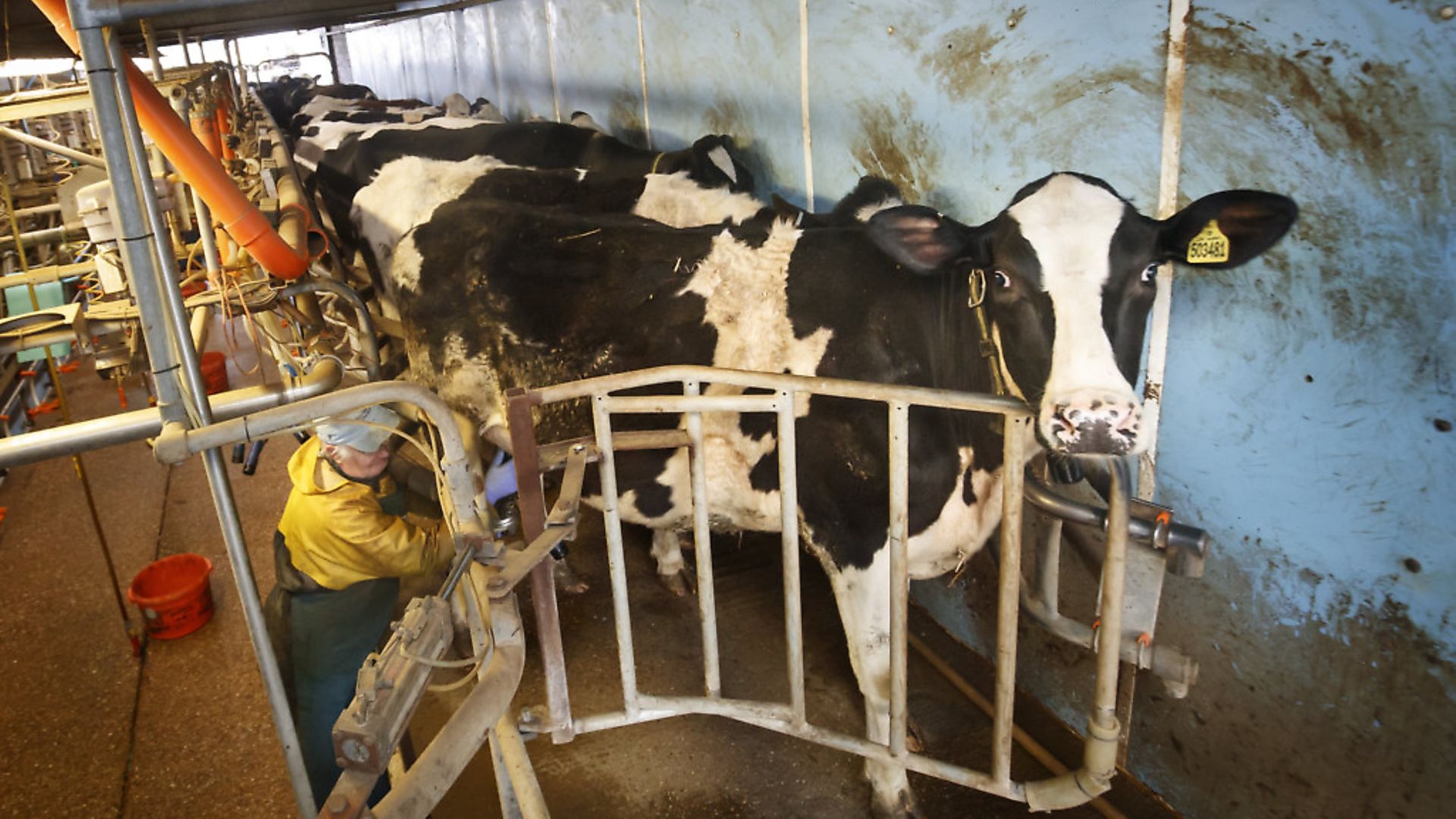
The boss of one of the biggest Irish dairy co-operatives operating in both Ireland and Northern Ireland has delivered a stark warning on Brexit, claiming that there is ‘no news for anybody’ with the UK’s departure from the EU.
Michael Hanley, the chief executive of Lakeland Dairies, was speaking to AgriLand about what the UK’s withdrawal from the trading bloc will mean for his business.
‘We’ve been living with [Brexit] for four years. We have 60% of our milk in Northern Ireland…so Brexit is very, very important for us,’ he explained.
‘There’s a lot of discussion [between the EU and the UK] to take place over the next six to eight weeks, but the devil will be in the detail. We’re looking for unfettered access for our products, that have always gone into Britain from Northern Ireland.
The business, which deals with 3,200 suppliers and is Ireland’s second largest dairy co-operative, stressed the referendum result delivered no tangible benefits for the firm.
Have your say
Send your letters for publication to The New European by emailing letters@theneweuropean.co.uk by Tuesday at 9am and pick up an edition each Thursday for more comment and analysis. Find your nearest stockist here, read the newspaper on our app, or subscribe to a print or digital edition for just £13. You can also join our readers' Facebook group to keep the discussion and debate going with thousands of fellow pro-Europeans.
He said: ‘Brexit is not good news.
‘There is no good news for anybody in Brexit, so the consequences are that there is less return from the market and there is an extra cost of doing business’.
He explained: ‘There will be an extra cost in doing business – administration, compliance, etc – and we can live with that. But tariffs will stop business; the margins aren’t adequate to pay tariffs and continue to do business.’
But Hanley suggested having a footprint on both sides of the Irish border provided some help.
‘The fact that we have footprints in Northern Ireland and southern Ireland, we will be able to ‘mix and match’, and take as much benefit as possible out of whatever the situation is, and minimise the costs and the negatives that will come out of Brexit, regardless of how ‘soft’ the final Brexit deal actually is’.






